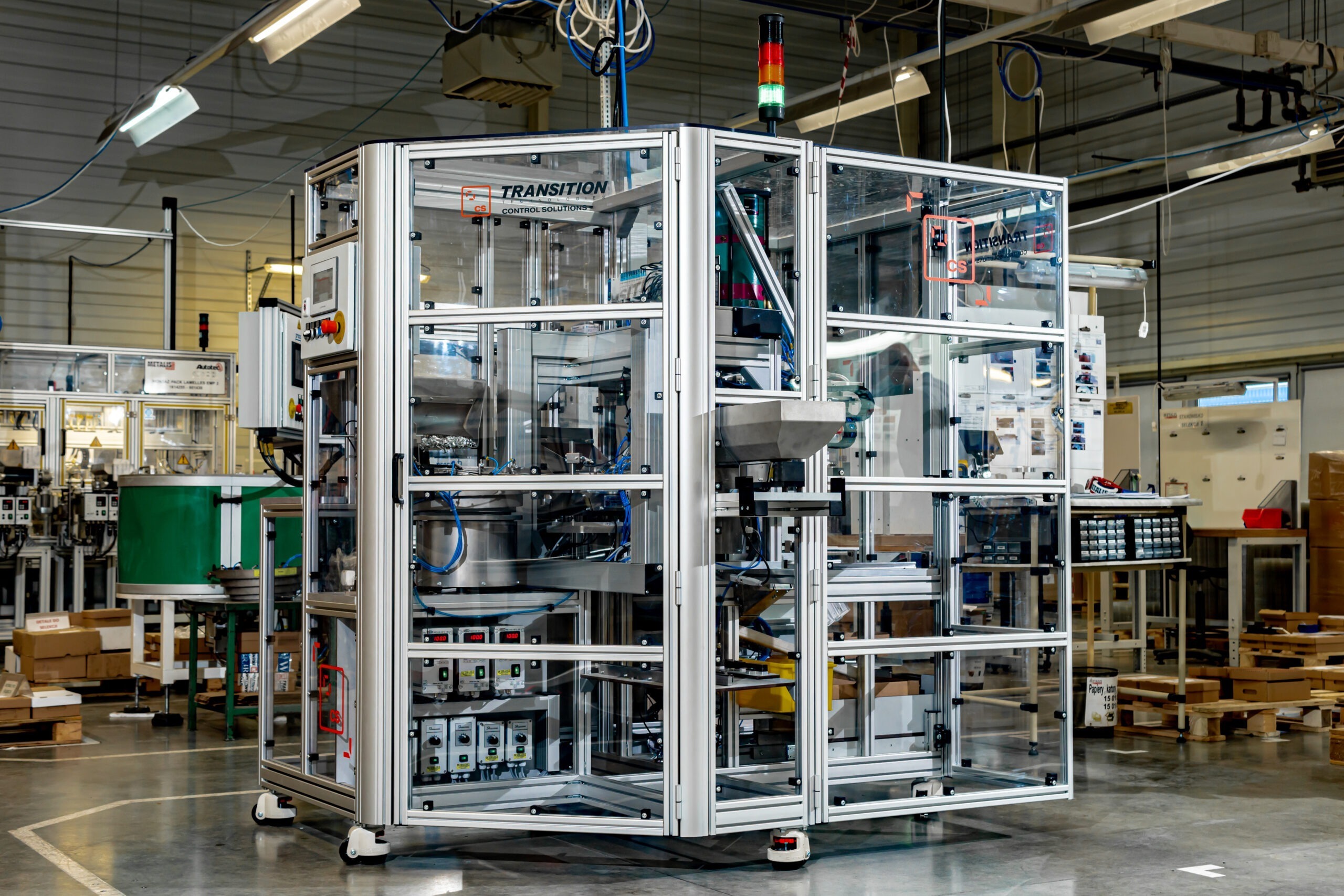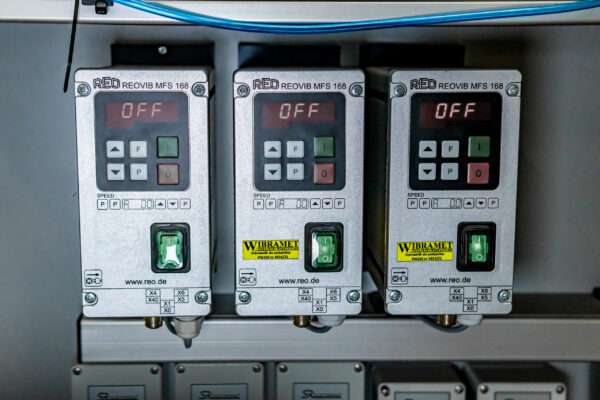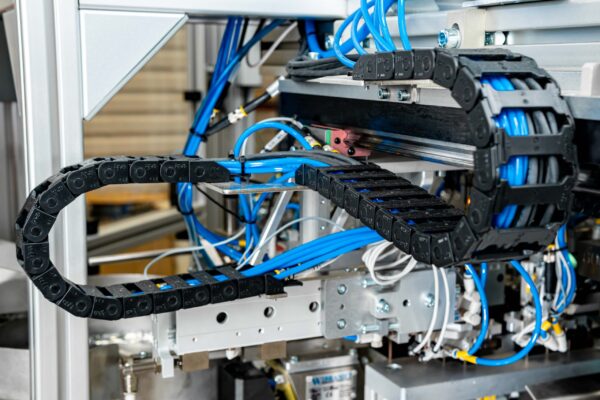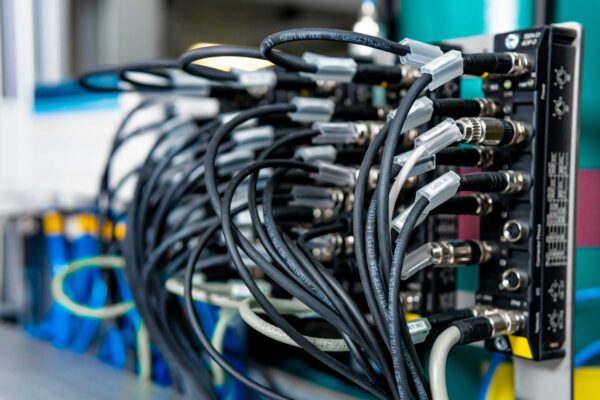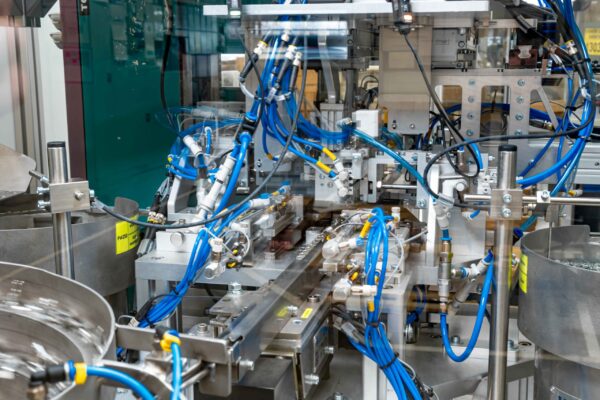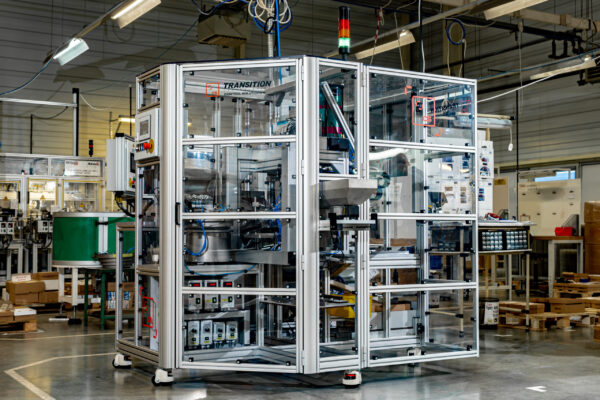Metalis Group is a global manufacturer of metal and plastic products, as well as electrical and electronic components for industries such as automotive, medical, defence and aviation. Its factories, logistics centres and R&D units are located on three continents, in five different countries.
The products manufactured at Metalis factories are made using advanced plastic forming techniques, among others. The technologies used include:
- complex stamping processes,
- plastic moulding of metal products,
- deep drawing of cylindrical products,
- production of flat springs,
- production of wrapped products,
- assembly and quality control.
